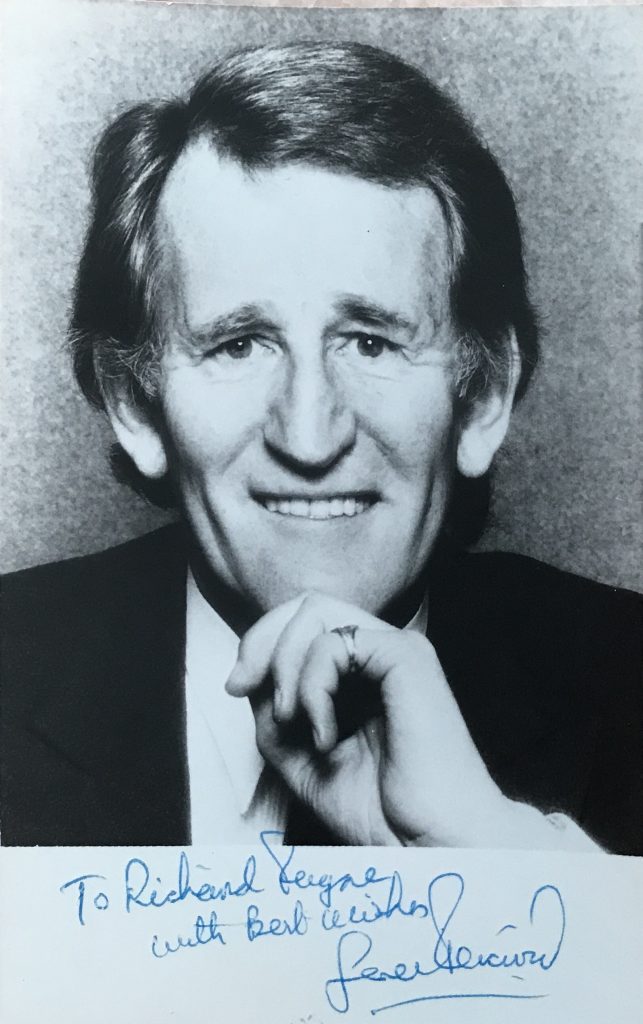
“Guardian” obituary by Dennis Barker:
In the 1960s, Lance Percival, who has died aged 81, was a member of the team fronting That Was the Week That Was, the groundbreaking Saturday night BBC television programme that brought satire to the masses. Percival was the one who impersonated and lampooned the aristocratic demeanour of the Conservative prime minister Sir Alec Douglas-Home. If the programme’s caustic wit did not bring to an end the dominance of the wealthy elite, it did mark the start of lesser mortals claiming the right to openly poke fun at them.
Harold Macmillan, as portrayed by Willie Rushton, had been the original target of the show when it began in 1962. Percival was very good casting for Home: both were lean and sharp-featured, and Percival also managed to introduce into his impersonation an air of bemused insecurity.
He also played other parts on the show, including spontaneously improvising calypsos on subjects suggested by the live studio audience. Someone in the studio might shout out “sex before marriage” or “the chancellor of the exchequer” or “bowler hats”, and Percival, after seeking out the introductory melody on his guitar, would start singing on the chosen subject. In October 1965, he had a minor pop hit, reaching No 37 with a calypso-style song entitled Shame and Scandal in the Family.
That Was the Week That Was (known as TW3) was attacked vociferously by many MPs for its irreverence. After 38 episodes and two seasons, the BBC pulled the plug. Its brilliant writers, who included Keith Waterhouse, Malcolm Bradbury, John Cleese, Dennis Potter, Peter Cook and Gerald Kaufman, were set adrift, in common with the cast. Of all those who had become celebrities, Percival probably had the most erratic career in later years, ending up as a speechwriter for captains of industry.
Immediately after TW3 folded, Percival switched to a summer show at the Winter Gardens, Bournemouth. Millicent Martin, another of the cast, joined him on the bill. In a bizarre twist, the show was promoted by the impresario Harold Fielding, who was at the time suing TW3 for allegedly offensive references to himself.
Percival was born in Sevenoaks, Kent, where his father was an engineer. He had little idea of what he wanted to do when he left Sherborne public school. After national service with the Seaforth Highlanders in Egypt, he emigrated to Canada in 1955 and made a living in Montreal by writing advertising jingles for radio. He formed a calypso group and, as Lord Lance, toured Canada and the US.
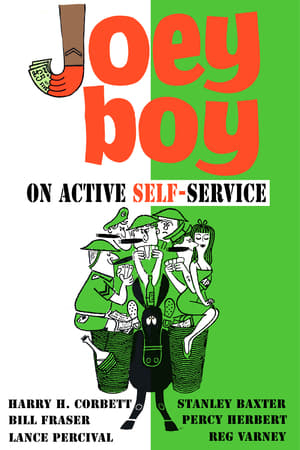
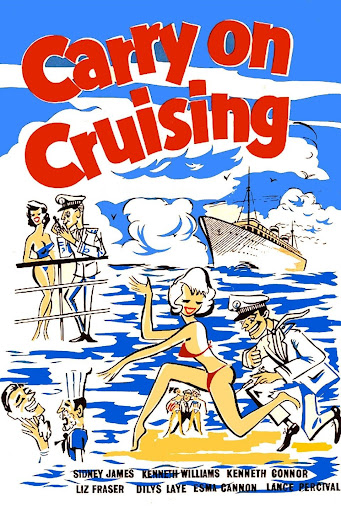
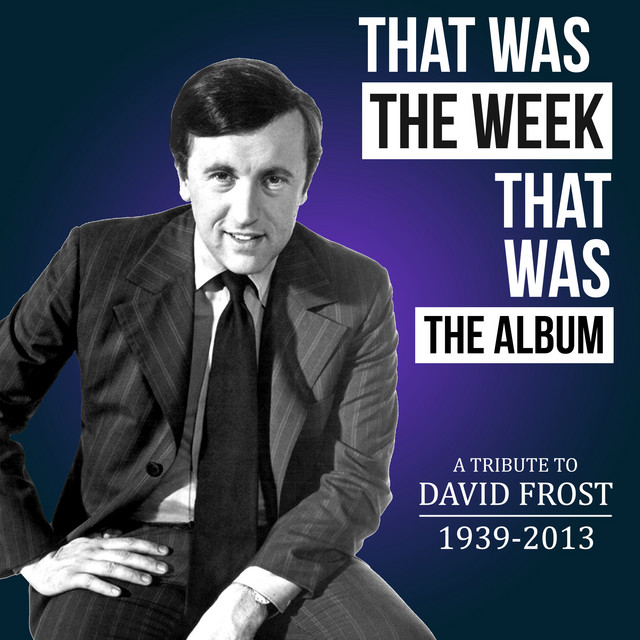

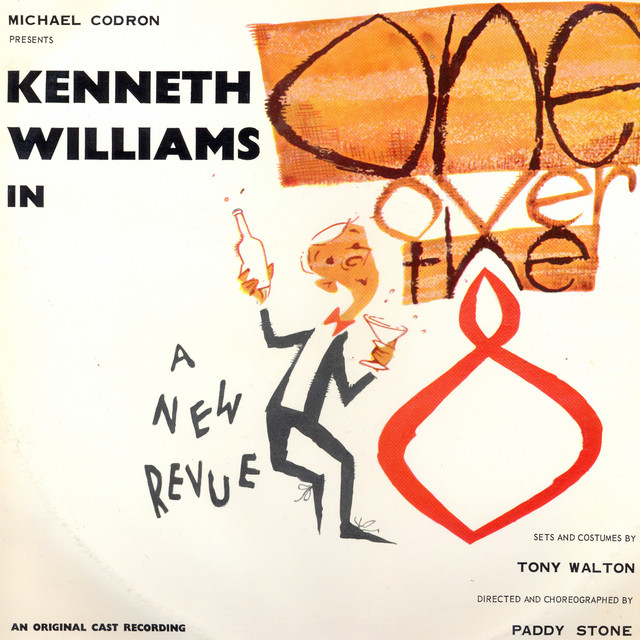
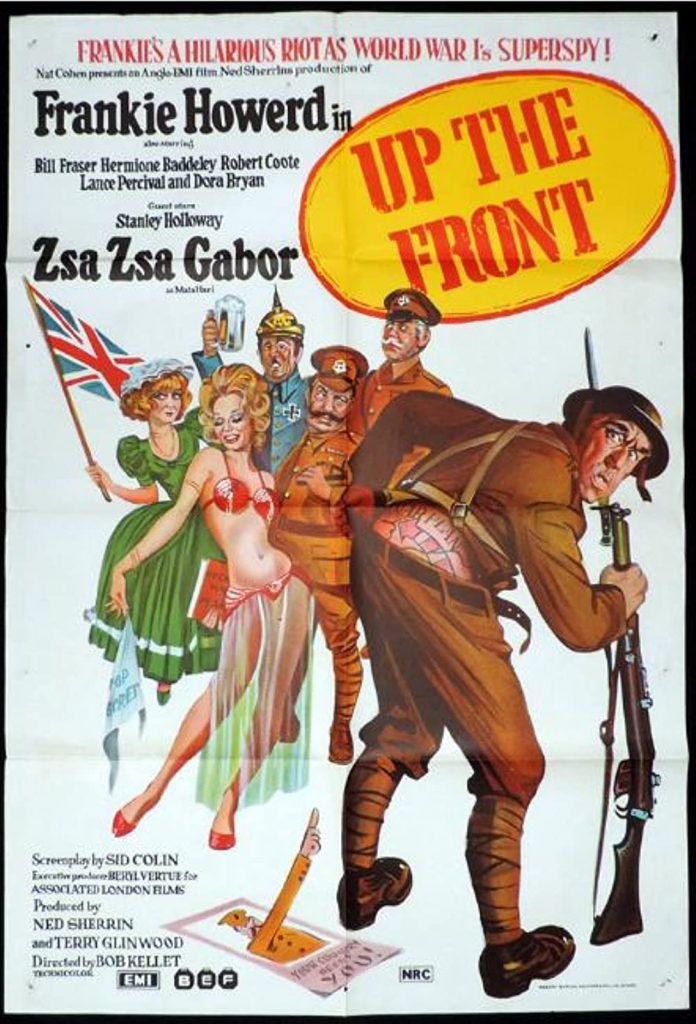
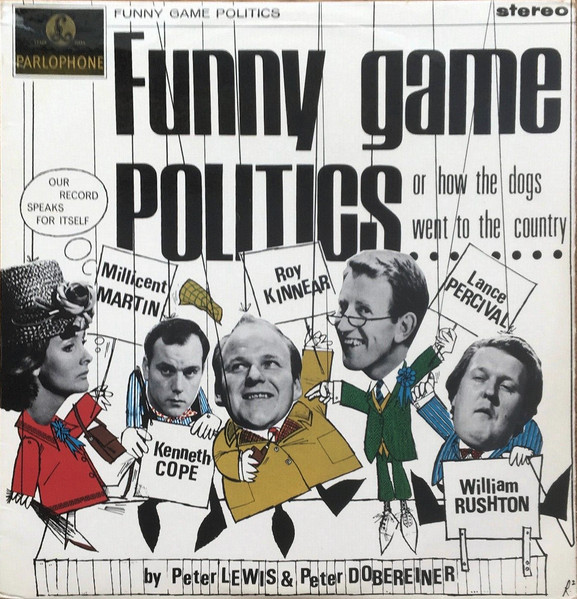
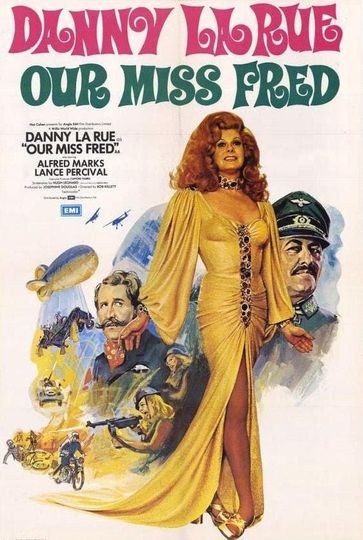
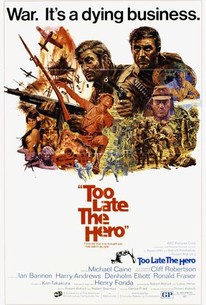
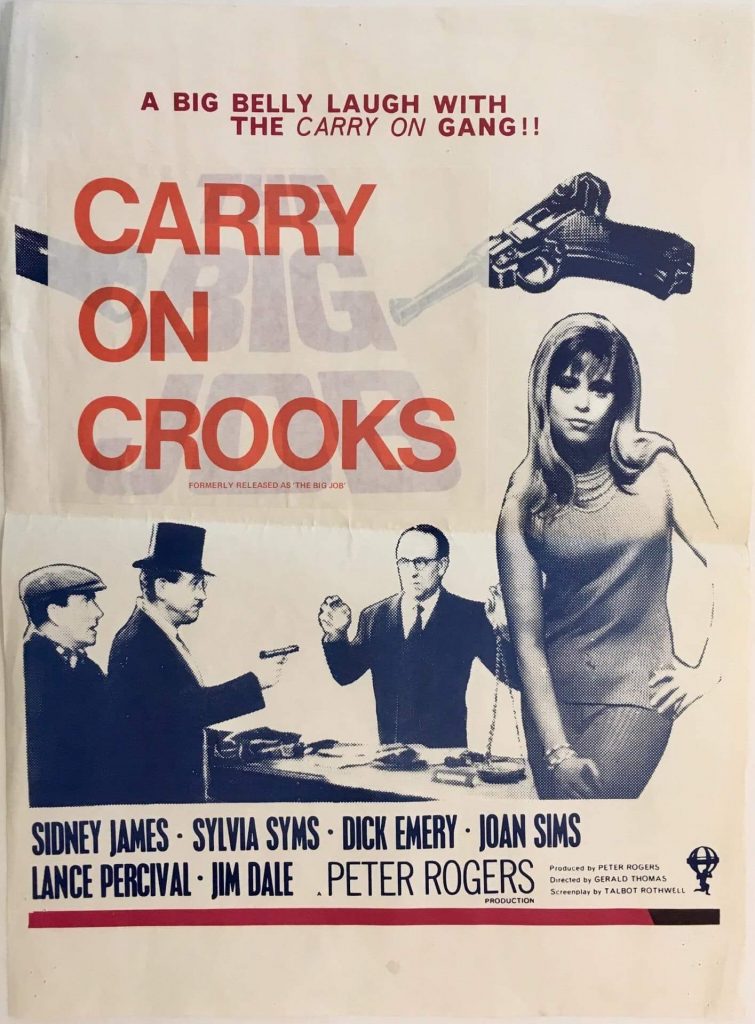
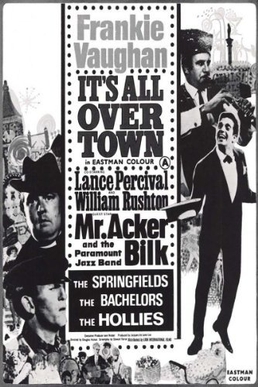
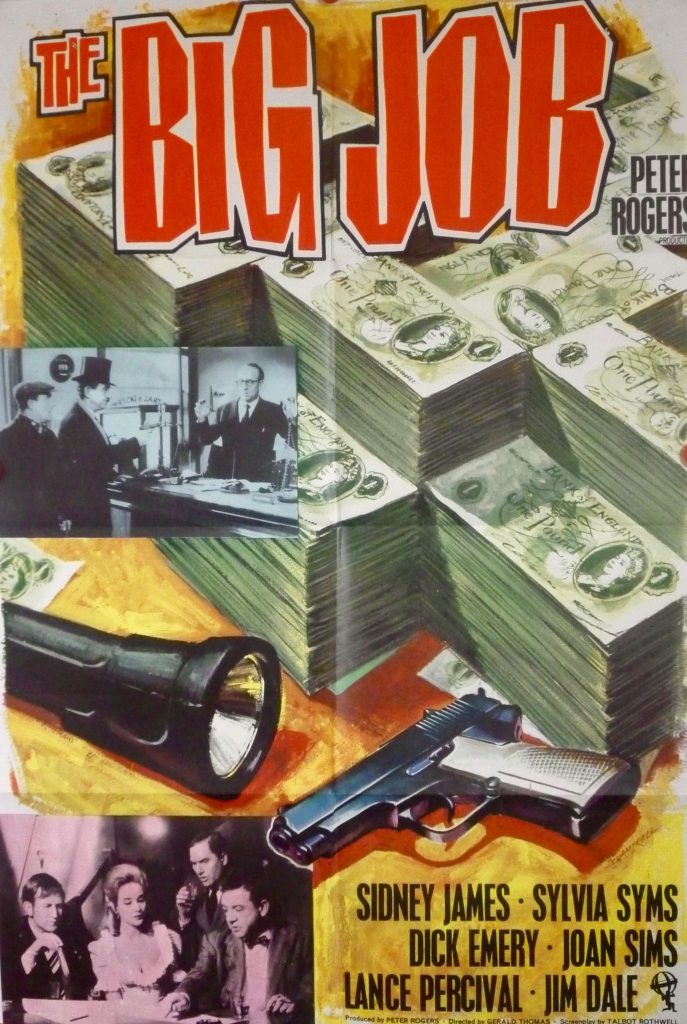
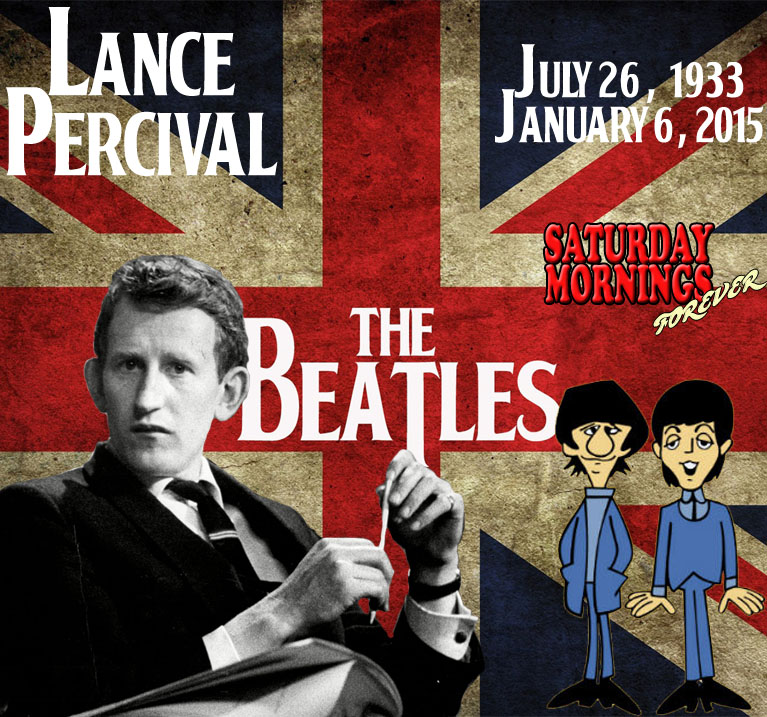
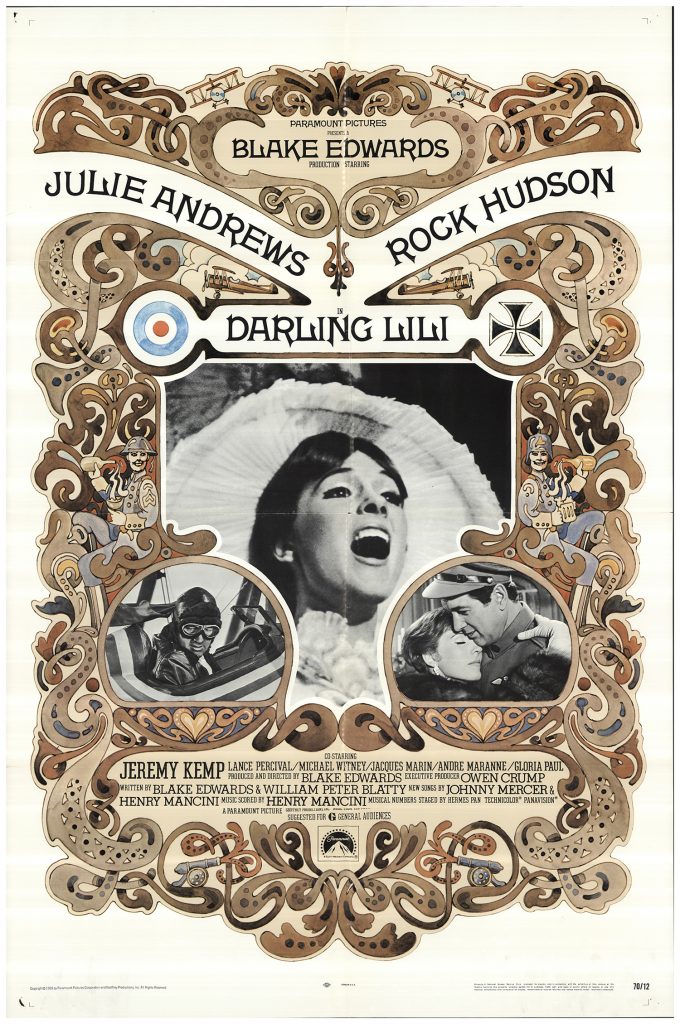
Within a few years, the demand for calypsos had dried up. Percival returned to Britain and sang in clubs, got spots in revue and small roles in films, including some of the Carry Ons, and the rather more elegant The Yellow Rolls-Royce (1964). Then the TW3 production team wanted musical elements for the new show, and his calypsos once more came into their own, but this time as a political weapon. After TW3 ended, Percival earned most of his income from cabaret turns. He acquired his own TV programme, The Lance Percival Show, in 1965 – but two years later temporarily turned his back on the box to spend three months with Birmingham repertory theatre “learning how to be an actor”. His earnings dropped dramatically. He played the SS colonel Kurt Gerstein, the Nazi who turned against Hitler, in Rolf Hochhuth’s play The Representative, in which the pope and the Catholic church were controversially shown as deliberately ignoring the plight of the Jews to secure their own interests.
His versatility enabled him to play both Paul and Ringo in a US TV animation series, The Beatles (1965-67), and in the Beatles film Yellow Submarine (1968) he was the voice of Old Fred. He appeared in the films Up Pompeii and Up the Chastity Belt (both 1971) and The Water Babies (1978), and continued to take small roles and make guest appearances in film and TV throughout the 1980s.
After a serious car crash in 1970, Percival had shifted away from performing towards writing. In 1973 he came up with the idea for the television show called Up the Workers. Nancy Banks-Smith of the Guardian said: “The only explanation of Up the Workers is that it is a desperate attempt to cheer up an afflicted audience.” Percival himself played a labour relations officer, “a twit-in-the-middle between management and men”.
Soon he chose to concentrate on a career as a speechwriter for business leaders and as an after-dinner speaker. “I came up through TV satire performances,” he said, “ and here I am writing speeches in which the one thing you can’t do is satire.” He also wrote two books of verse, Well-Versed Dogs (1985) and Well-Versed Cats (1986).
He is survived by a son, Jamie.
• John Lancelot Blades Percival, actor and writer, born 26 July 1933; died 6 January 2015


